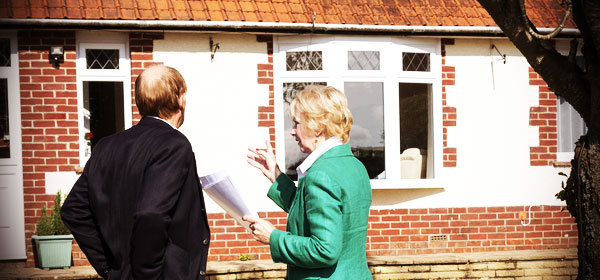Downsizing is a great way to free up some of the equity you have in your house for your retirement, but how do you calculate what your house is worth?
Real estate agents are usually eager to perform a free market appraisal of your property, but any figure they provide has to be taken with a grain of salt, given they are trying to give their best impression to win your business.
Fair market value is an estimate of the market value of a property, based on what a knowledgeable, willing and unpressured buyer would probably pay to a knowledgeable, willing and unpressured seller in the market.
An estimate of fair market value may be founded either on precedent or extrapolation. Fair market value differs from the intrinsic value that an individual may place on the same asset based on their own preferences and circumstances.
For example, if you have an identical house to your next-door neighbour, except for the fact that you paid $50,000 to install an in-ground swimming pool, you may expect that your house is worth $50,000 more.
That will not necessarily be the case. Some buyers will lose interest because they don’t fancy the maintenance and up-keep that goes along with owning a pool. A pool may add value for some buyers, but it can work against you by limiting the number of potential buyers for your property, especially if you are planning to go to auction.
In today’s market, your house is worth what the current market deems it to be worth, not what it’s worth in your opinion. The value of your home is not related to:
- how much you paid for it
- how much you owe on your home mortgage
- the renovations you have done to your home. It’s the things that you can’t easily change or enhance that add value to your property – things like north-facing windows or proximity to the beach
- how much you love your home.
Instead, its value will depend on factors such as its location, the neighbourhood, the age and condition of the house, and the number of other comparable properties for sale.
If you can afford to bring in an independent valuer, you can consider their valuation to be unbiased.
If you do decide to use a real estate agent, make sure that they provide you with a comprehensive list of properties in the same neighbourhood that have sold in the last six months, and that are approximately the same size, age and condition as your property.
There are also online property calculators that will display some of that same information, although these can prove inaccurate if they are relying on limited data from previous sales results in your area.
Read more at homely.com.au
All content on YourLifeChoices website is of a general nature and has been prepared without taking into account your objectives, financial situation or needs. It has been prepared with due care but no guarantees are provided for the ongoing accuracy or relevance. Before making a decision based on this information, you should consider its appropriateness in regard to your own circumstances. You should seek professional advice from a financial planner, lawyer or tax agent in relation to any aspects that affect your financial and legal circumstances.
Related articles:
Property slump worries for super
Property helping older Aussies
Stop SMSF property punt: expert

